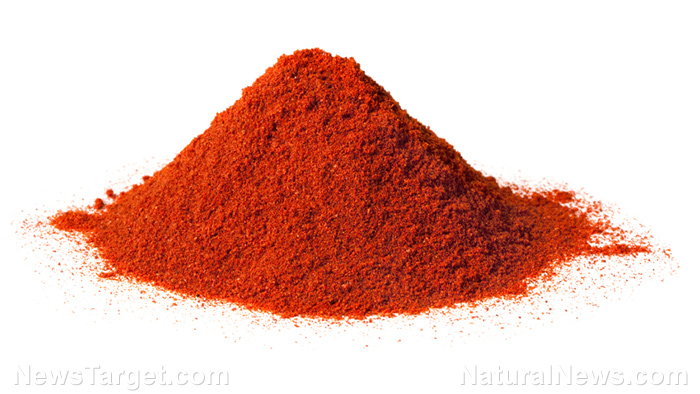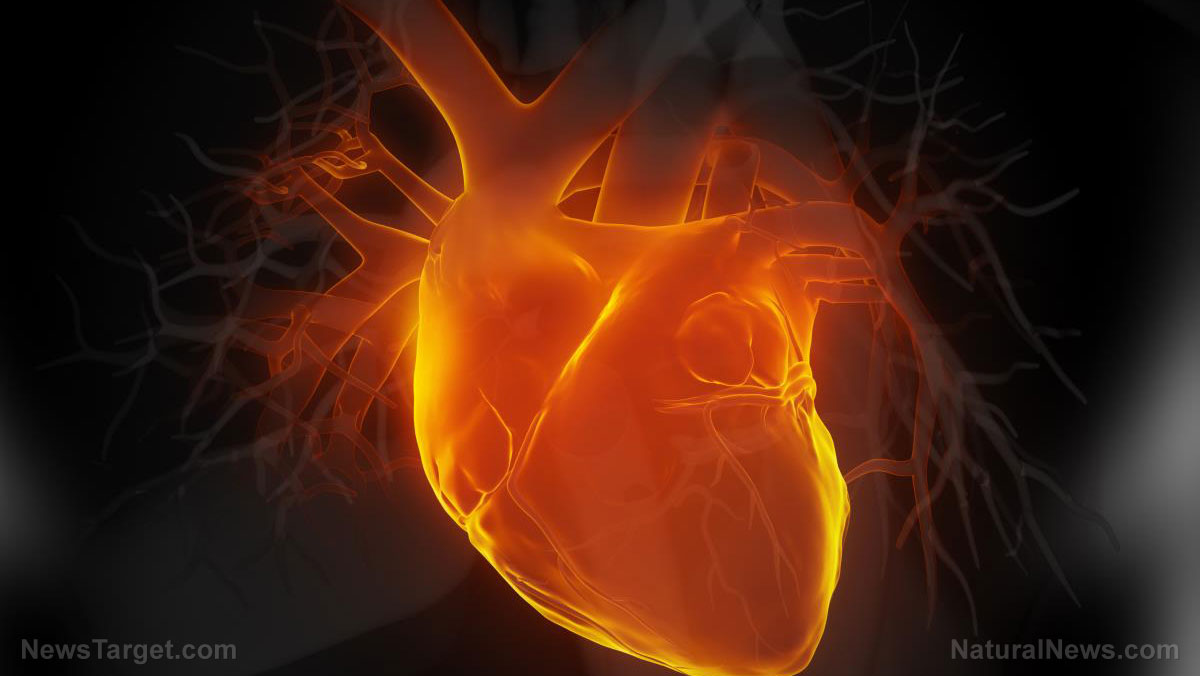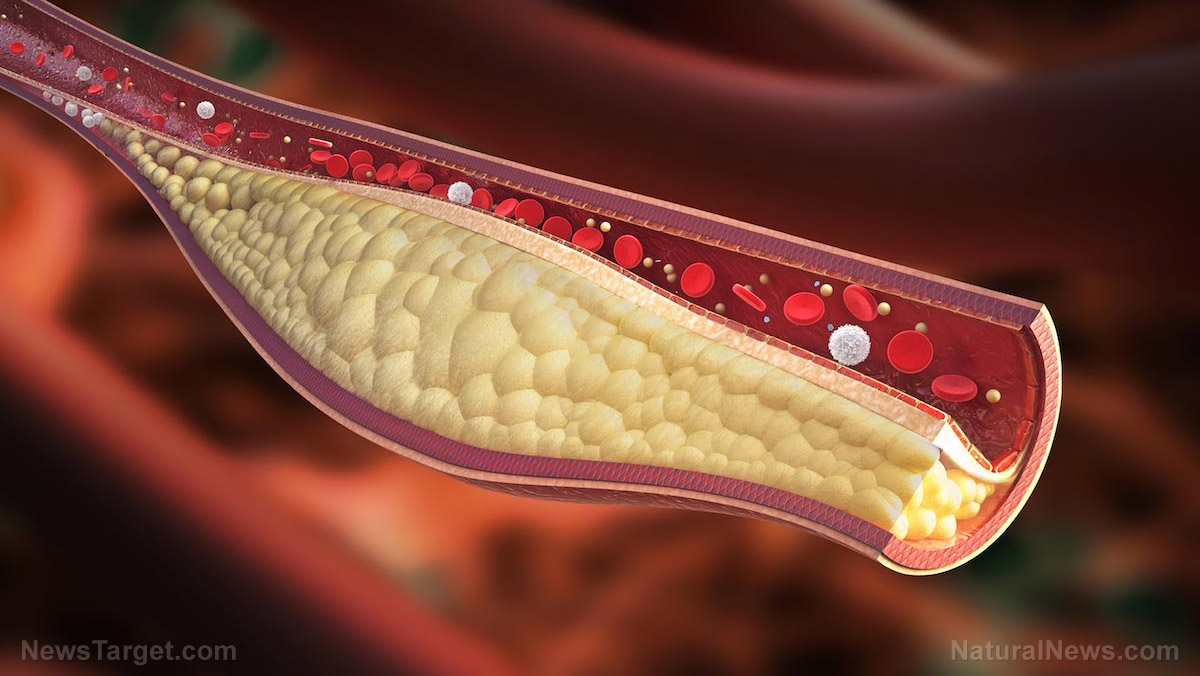Vitamin E treatments can help prevent muscle damage after a heart attack, say scientists
08/12/2020 / By Virgilio Marin

A pre-clinical study published in the journal Redox Biology found that vitamin E can help prevent and treat muscle damage after a heart attack.
The researchers said that while vitamin E failed to prevent heart attack per se, current research on whether vitamin E can be beneficial post-heart attack is lacking. Their ongoing research, on the other hand, may prove that the nutrient can be used to preserve heart function after the condition occurs.
“As there is currently no drug available that can reduce the cardiac damage caused by an overshooting inflammation after reopening a blocked coronary artery, the potential impact of our finding on cardiovascular health would be significant,” said Dr. Maria Wallert.
Vitamin E treatment preserves cardiac function
Heart disease is the leading cause of death globally. In the United States alone, 647,457 deaths are due to heart disease, according to 2017 data from the Centers for Disease Control and Prevention. Heart attack is especially prevalent, with about 805,000 Americans having a heart attack every year.
Treatment is also expensive. A study estimated that hospitalization for heart attack averages $53,384, while hospital costs for heart bypass surgery can amount to as much as $177,546. Aside from the debilitating effects, patients also have to grapple with the financial burden that comes with the condition.
However, people may not have to worry so much about the high costs, as vitamin E treatment can potentially offer a low-cost and effective alternative.
In the current study, researchers used alpha-tocopherol, the strongest antioxidant form of vitamin E, to save dying cardiac muscles during a heart attack in mice. They found that vitamin E treatment helped preserve heart function by reducing inflammation and oxidative stress. (Related: Be proactive about your heart health today by understanding how a heart attack happens.)
“One of the most effective anti-oxidant and anti-inflammatory agents is vitamin E and its derivatives,” said Karlheinz Peter, the lead author of the study.
In the team’s devised treatment plan, patients suffering from a heart attack will be dosed with vitamin E before reopening and stenting the blocked vessel. The vitamin treatment will continue in the following days before the patient is discharged.
With the promising results of the study, the next step for the researchers is to test an already approved formulation of vitamin E in admitted patients with a heart attack. They plan to use magnetic resonance imaging to show how cardiac muscles respond to vitamin E.
If findings stay consistent, the researchers said that the impact of their study will be significant. Medications are currently unavailable to reduce the cardiac damage caused by overshooting inflammation. With its relatively low cost, vitamin E treatment
More benefits of vitamin E
Vitamin E is a family of fat-soluble compounds. It is found naturally in certain foods and can also be availed as a dietary supplement.
As an antioxidant, it protects body tissue from damage caused by free radicals, which can harm cells, tissues and organs. Furthermore, vitamin E helps cells fight off infection and protect the eyesight. A study found that high serum levels of certain vitamin E types are linked to a decreased risk of age-related cataracts.
In addition, vitamin E also plays a role in the production of hormone-like substances called prostaglandins – lipids that are responsible for regulating a variety of body processes such as blood pressure and muscle contraction.
Alpha-tocopherol, which was used in the earlier study, is one form of vitamin E. Aside from its potential application for heart attack, it is also being studied for the treatment and prevention of certain types of cancer. Good sources of this vitamin E include wheat germ oil, sunflower seeds and almonds.
Learn more about the benefits of vitamin E at Nutrients.news.
Sources include:
Tagged Under: alternative medicine, anti-inflammatory, antioxidant, cardiac muscles, heart attack, heart health, natural cures, natural medicine, nutrients, prevention, remedies, research, supplements, vitamin E
RECENT NEWS & ARTICLES
ReverseHeartDisease.News is a fact-based public education website published by Reverse Heart Disease News Features, LLC.
All content copyright © 2018 by Reverse Heart Disease News Features, LLC.
Contact Us with Tips or Corrections
All trademarks, registered trademarks and servicemarks mentioned on this site are the property of their respective owners.




















